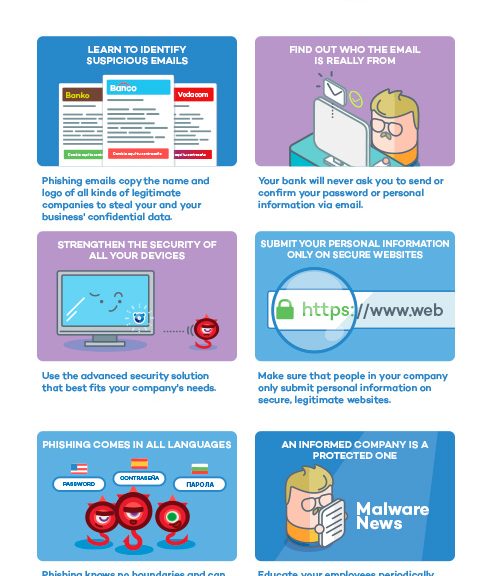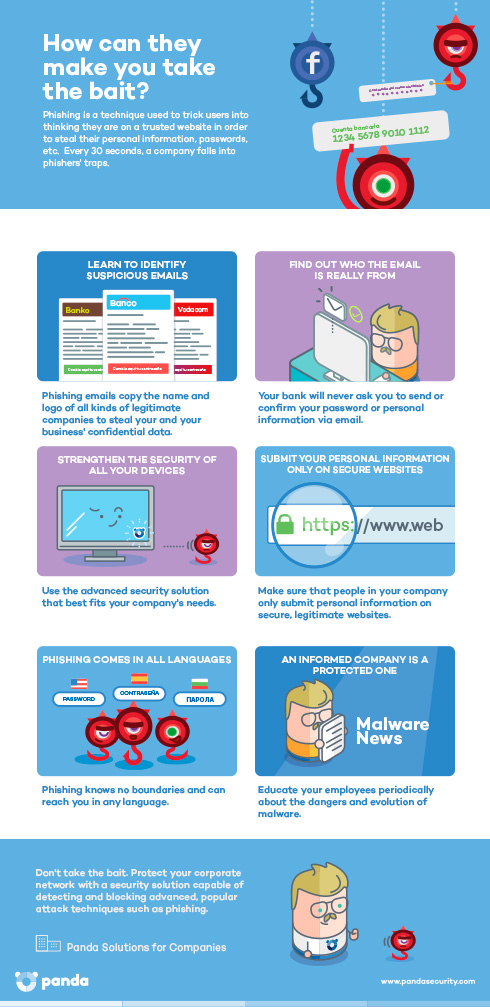How do you account for someone’s digital presence after they’re no longer with us in the physical world?
The ‘digital afterlife’ is a concept that has been receiving increased attention from tech giants like Facebook and Google. Their aim is to make the passing of a loved one or relative easier, while also playing a role in celebrating people’s lives after they have passed away.
Internet Privacy
The issue of Internet privacy is, of course, a touchy one and this is magnified immensely in the difficult period after someone has passed away.
Whereas it used to be less clearly defined, Facebook recently felt the need to clarify the process that it adheres to after a user has passed away. If the social media giant is made aware of a user’s passing, there are two options; the account is memorialized or deleted. The account cannot remain active.
There’s an important reason for this, and that is the curious cyber security risks that come with leaving the page of a social media page unaccounted for after a user has passed away.
Unfortunately, the growing digital graveyard left by people’s data footprints as they lived their lives is not treated with the same reverence as its equivalent is in the physical world.
Cyber Security risks for a social media account
There are tangible cyber security risks for a social media account that isn’t being used, with reported incidents of deceased users’ accounts being hacked and taken over by spambots. These accounts are often used for advertising, with some users having reported seeing their deceased relative or friend’s account starting to like pages on the social media website months, or even years after that person has passed away.
People’s social media pages have also even been hacked after their deaths and distasteful messages left on their page as status updates.
These risks are the main reason that Facebook has recently clarified its policy on changes to a user’s account once they have passed away. In a recent statement, the tech company said, “if Facebook is made aware that a person has passed away, it’s our policy to memorialize the account.”
Facebook though, has had issues with processing memorialization requests; there have been reported cases of it taking up to 6 months for a request from a family member to be processed, and others of people receiving no response at all.
With over a billion users, and some estimates claiming that more than 8,000 Facebook users die every day, it’s no easy task dealing with so many accounts and companies like Facebook and Google usually outsource such extensive undertakings.
Whilst the policy is strict on what happens to deceased users’ accounts, the social media giants don’t want this to take away from the freedom of deceased users’ loved ones in having a say in their relative’s digital afterlife.
Facebook have released a statement saying “there is more we can do to support those who are grieving and those who want a say in what happens to their account after death.” Google, meanwhile, have highlighted the importance of allowing people to “plan [their] digital afterlife.” Both companies allow users to designate a contact who will have access to their memorialized account after they have passed away.
Facebook ‘legacy contacts’ and Google+ ‘trusted contacts’ are able to curate their loved one’s social media pages after they have passed, by posting pictures and leaving updates whilst those who are already friends can leave parting messages.
Allowing this form of contact decreases the risk of cyber security being an issue in the digital afterlife.
The post How is Internet privacy upheld in the ‘digital afterlife’? appeared first on Panda Security Mediacenter.












